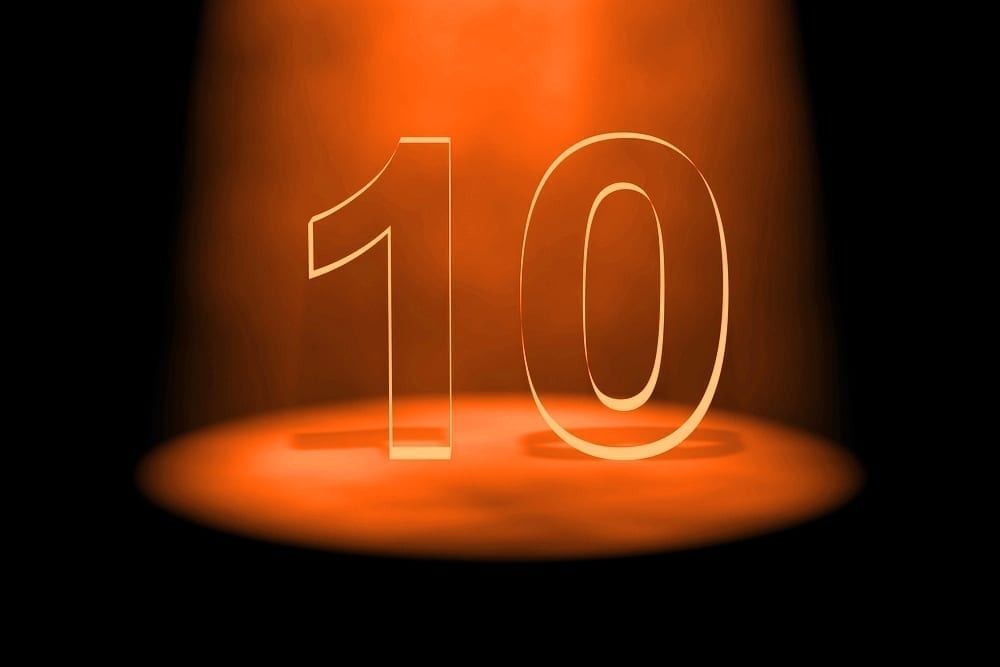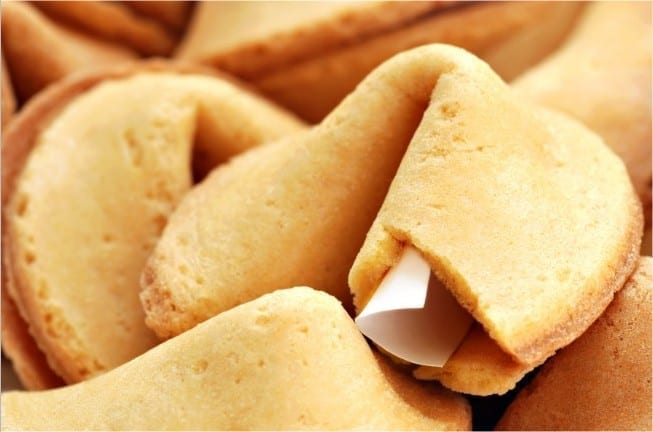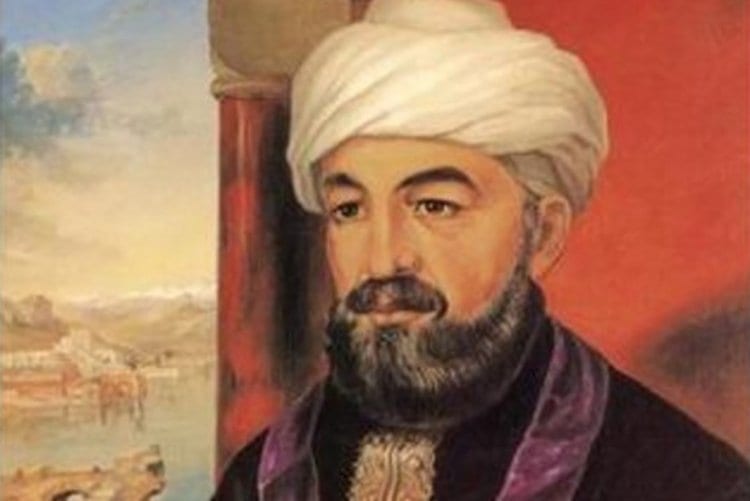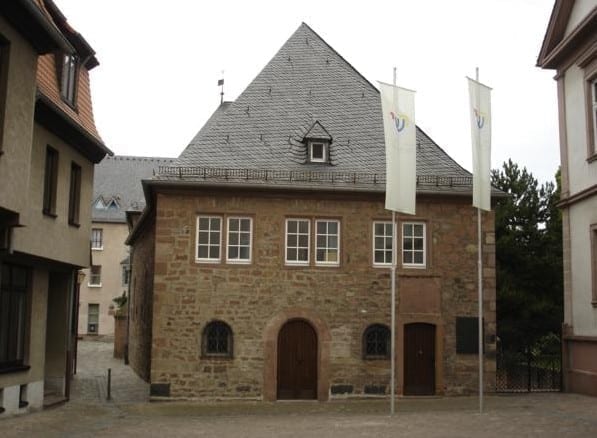1. The full name of the Holy Ari is Rabbi Yitzchak Luria ben Shlomo Ashkenazi.
2. He is known by several acronyms and titles: ARI which is taken from Ashkenazi Rabbi Yitzchak, Arizal from ha-Aloki Rabbi Yitzchak zichrono livracha [the holy Rabbi Yitzchak of blessed memory], the holy Rabbi Yitzchak, our Master Rabbi Yitzchak.
3. The Ari was born in Jerusalem in 5294 (1534) to a Sephardic mother and an Ashkenazic father. He lost his father as a child, and was raised by his uncle in Egypt. Later, he married his cousin.
4. The Ari was the greatest Kabbalist of all generations. He became famous only after the passing of his teacher, Rabbi Moshe Cordovero, at the age of 36. At that time, he moved to the holy city of Safed.
5. The Ari had a small number of famous students who were called “Gurei ha-Ari” (meaning the “Ari’s cubs” — a play on the fact that “Ari” also means “lion”). These included Rabbi Chaim Vital, Rabbi Joseph Ibn Tavul, R. Moses Jonah and R. Moses Najara.
6. The Ari wrote almost nothing down of his teachings. All of his teachings were written down by his great disciple, Rabbi Chaim Vital. However, we possess a number of liturgical piyyutim that he wrote in honor of Shabbat: “Azmir Bishvachin”, “Bnei Heichala”, “Askino Seudosa” and “Yom Tov L’Yisroel Orah V’simcha.”
7. Documents were found in the Cairo Geniza showing that the Ari made a living from trading in spices.
8. According to tradition, the Ari used to immerse himself daily in his mikvah (ritual body of water) in Safed. On the eve of his death, he gave instructions to wash his body in this mikvah. While being prepared for burial, he stood up miraculously and immersed himself.
9. The Jewish people attached the appellation “the holy” [hakodosh] to the Ari’s name and only three other rabbis: the holy Alshich [Rabbi Moshe Alshich, 1508–1593, Safed] the holy Ohr Hachaim [Rabbi Chaim Ben Attar, 1696-1743, Morocco], and the holy Sheloh [Rabbi Isaiah Horowitz, 1565–1630, Prague].
10. The Ari died on 5 Av, 5332-1572, at the young age of 38. He was buried in the old Safed cemetery, next to the tombs of Rabbi Shlomo Alkabetz (the author of the Shabbat piyyut Lecho Dodi) and his teacher, Rabbi Moshe Cordovero.

0 20 2 minutes read





